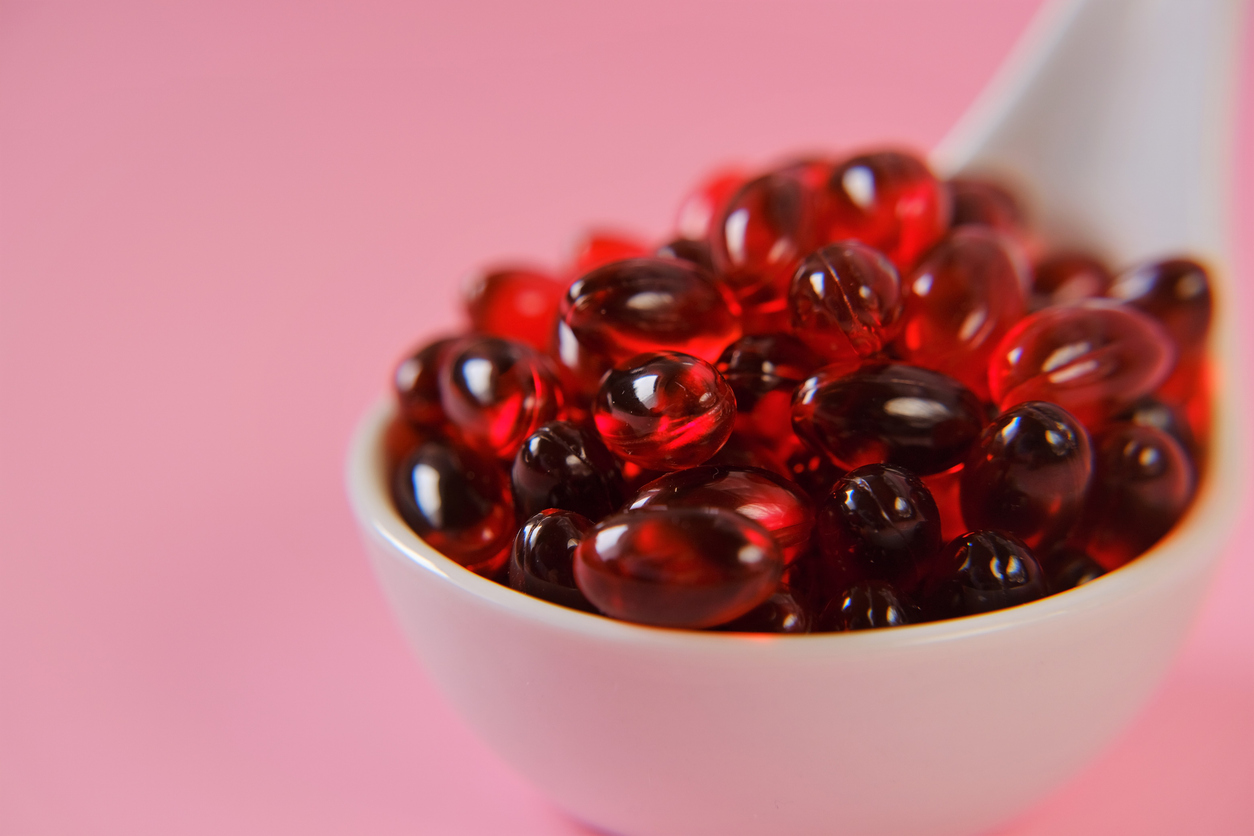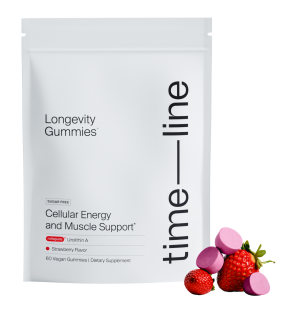This is the fifth in our series of Health IQ Tests. If you haven’t already, please take a crack at our previous installments: Round One, Round Two, Round Three and Round Four
According to a recent article in The Los Angeles Times, “American adults get a “D” in science; 22% confuse astronomy and astrology!” On a general science knowledge quiz consisting of 12 questions, the test-takers answered 7.9 correctly, on average. That’s a score of 66%. Only 6% answered all 12 questions correctly.
Similarly, lack of health literacy is also a huge problem. We are continually bombarded with often contradictory health information. U.S. patients are confronted with a myriad of treatment options that they are ill-equipped to properly choose among. Urban legend, aggressive direct-to-consumer advertising, and dumbed-down media stories add to the confusion.
The mission of Intelligent Medicine is to enhance your Health IQ. Here’s a fifth, all-new installment of our Health Quiz. See if you get a “Pass!”
- Recent studies in rodents have shown that chronic excessive sugar consumption can have the following effect on the brain:
- A. It decreases activity in the sleep center
- B. It shortens dendrites, mirroring the effects of addictive drugs, tobacco, and alcohol
- C. It reduces libido by damaging the hypothalamus
- D. All of the above
- The onset of Alzheimer’s Disease is often heralded by personality changes:
- A. True
- B. False
- Which is worse for your overall health?
- A. Soy oil
- B. Coconut oil
- C. High fructose corn syrup
- D. All are equally bad
- Cannabidiol (CBD) has shown potential in the treatment of:
- A. Fibromyalgia
- B. Crohn’s Disease and ulcerative colitis
- C. Multiple sclerosis
- D. All of the above
- How does prescription or vegan Vitamin D (vitamin D2) compare to over-the-counter vitamin D3?
- A. D2 is roughly half as potent
- B. D2 is 50% more potent
- C. D2 and D3 are equally potent and hence interchangeable.
- D. D2 may be less potent, and D3 lasts longer and may be safer and more effective than D2.
- Which of the following conditions has NOT been related to inflammation?
- A. Heart disease
- B. Depression
- C. Cancer
- D. All are related to inflammation
- Which of the following foods is NOT considered to be pro-inflammatory?
- A. Red meat
- B. Vegetable oil
- C. Sugar and refined carbohydrates
- D. All are pro-inflammatory
- Which is the preferred fiber for encouraging healthy intestinal flora?
- A. Psyllium
- B. Resistant starch
- C. Wheat bran
- D. Chitosan
- Which of the following is NOT a heart benefit of fish oil?
- A. Lowers LDL cholesterol
- B. Reduces platelet aggregation, thinning the blood
- C. Reduces inflammation of arterial lining (endothelium)
- D. All of the above are benefits of fish oil
- Which of the following conditions has NOT been shown to be favorably impacted by fecal transfer—inoculation of the intestine with donor feces?
- A. Ulcerative colitis
- B. C. Dificile infections
- C. Autism
- D. All of the above have been helped by fecal transfer
ANSWERS
- B. While sugar has many deleterious effects on the brain, the only choice that’s been thoroughly documented is a reduction in dendrite length, mirroring the effects of addiction.
- B—False. Contrary to popular belief, the latest researchdispels a connection between personality change and early-onset Alzheimer’s
- A. Soy oil appears to be worse even than high fructose corn syrup for promoting fatty liver, weight gain, and Metabolic Syndrome. Coconut oil was the best of the three, resulting in the least weight gain and health problems.
- D. All of these conditions have been shown to be helped by CBD which has anti-inflammatory, immune-modulating, and pain-relieving effects. Listen to my podcast with Dr. Rachna Patel on medical marijuana for more info.
- D. According to research, D2 may or may not be less potent than D3, but the latter is more effective at maintaining adequate levels of D
- D. All are known to be related to inflammation.
- A. Red meat, while considered by some to be pro-inflammatory, actually adds little to the body’s inflammatory burden compared to refined vegetable oils and high-glycemic index carbs, according to Dr. David Seaman, author of The Deflame Diet. Listen to his appearance on my podcast.
- B. Resistant starch is thought to be more effective than other prebiotics for restoration of the microbiome. It helps generate short chain fatty acids, which are essential for intestinal health.
- A. Some studies have suggested that fish oil may raise LDL and total cholesterol, but that does not negate its cardio-protective benefits due to its blood-thinning and anti-inflammatory properties.
- D. All of the above. We discussed fecal transfer in a recent podcast with Dr. Mark Davis
If you answered all these questions correctly, or even 9 out of 10, congratulations, you are a true paragon of Intelligent Medicine! If you got 7 or 8 right, you’re still doing better than average. If you scored 60% or less, your health literacy needs a boost. Try boning up on medical and nutritional facts by listening to our Intelligent Medicinepodcast and following the articles we post —you’re sure to ace the test when we offer another installment!








